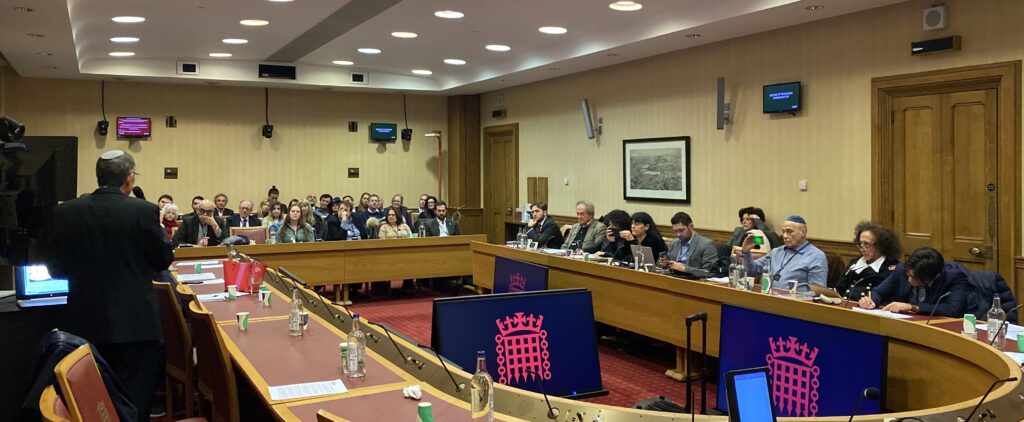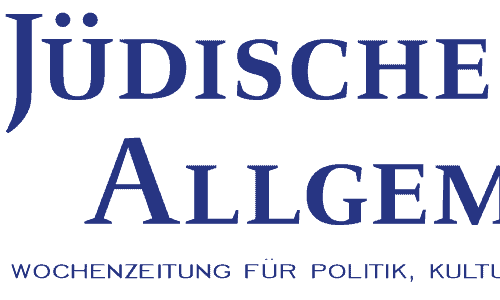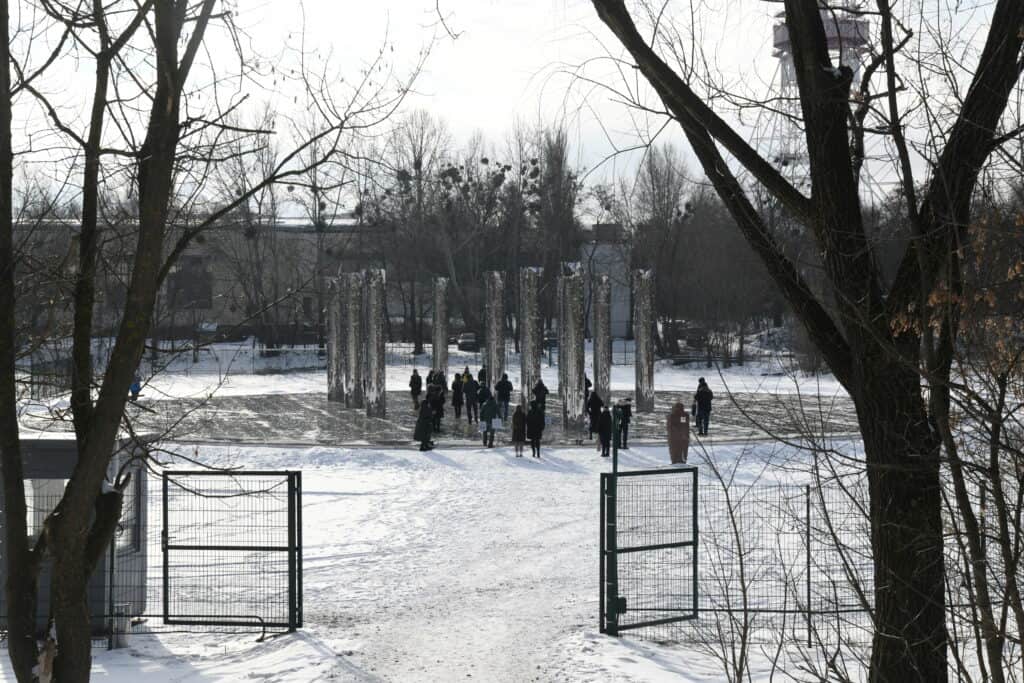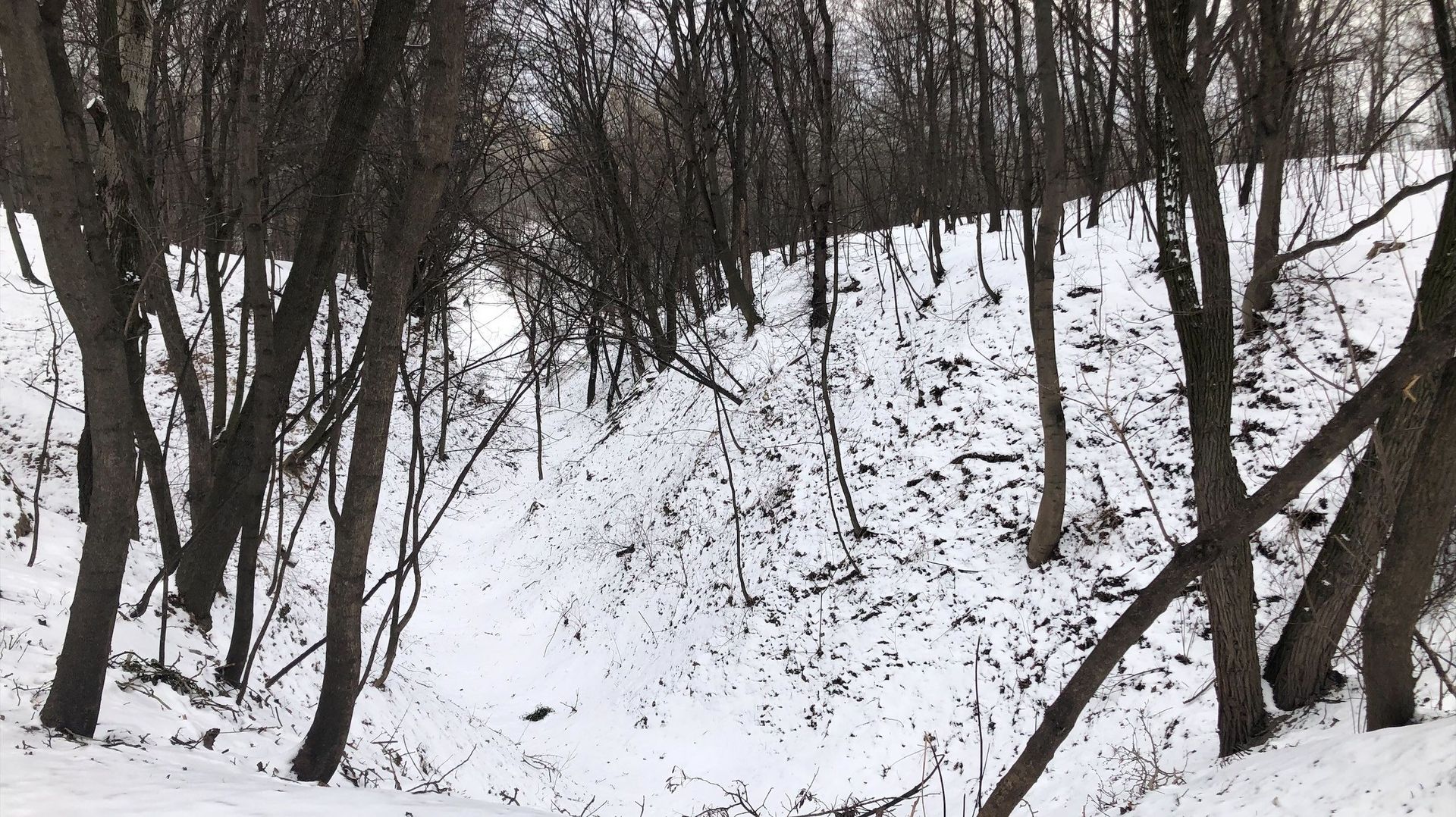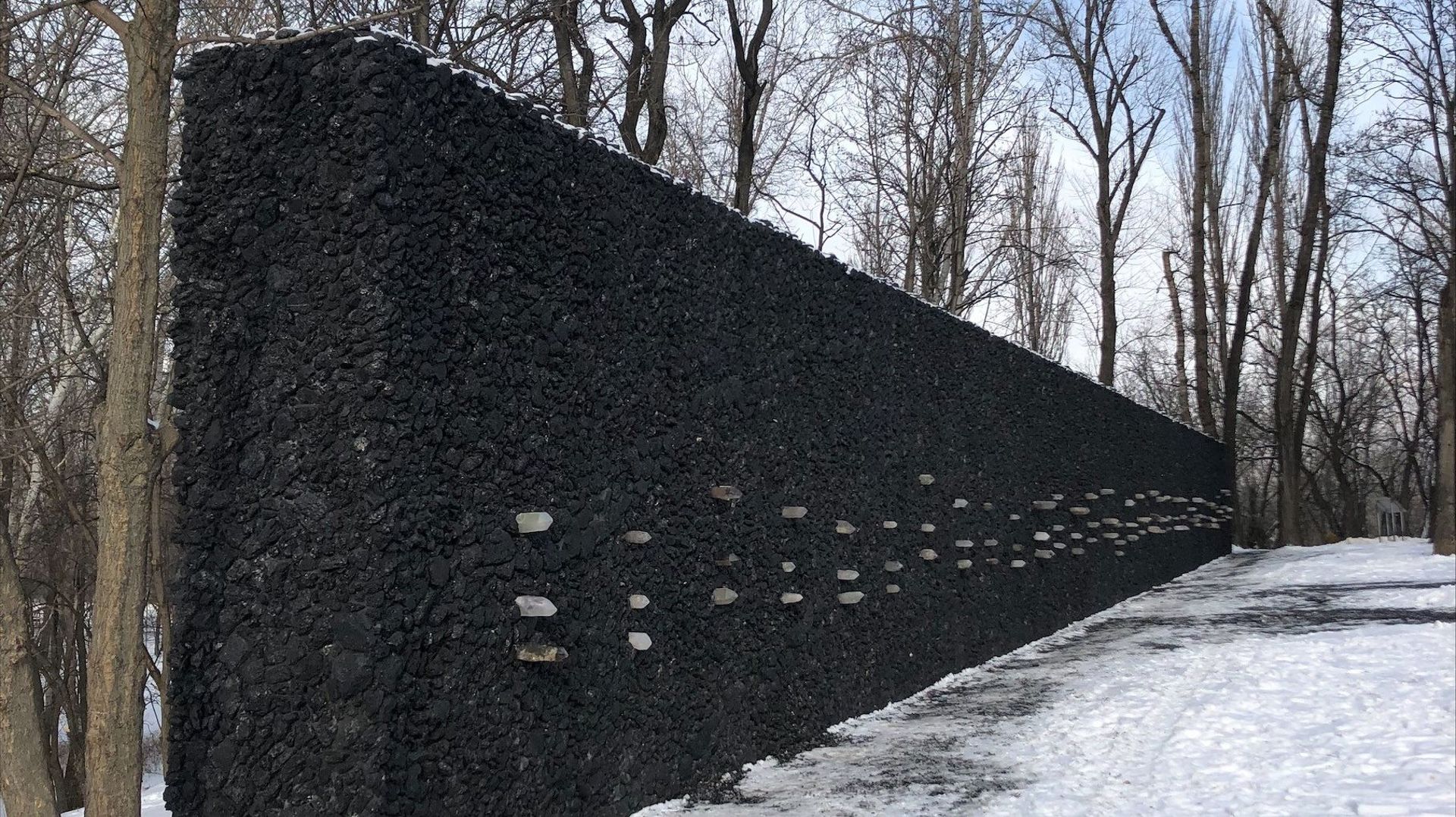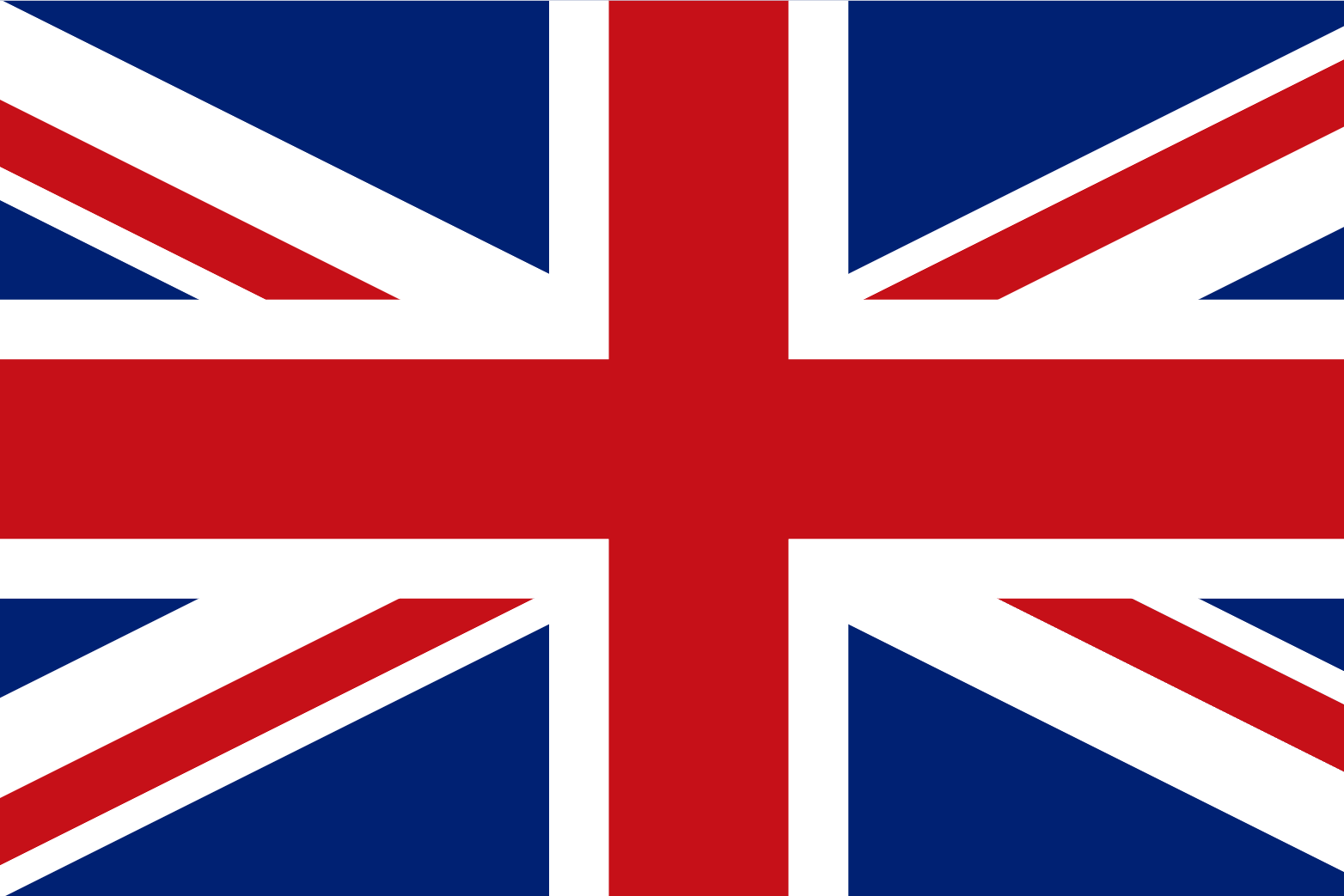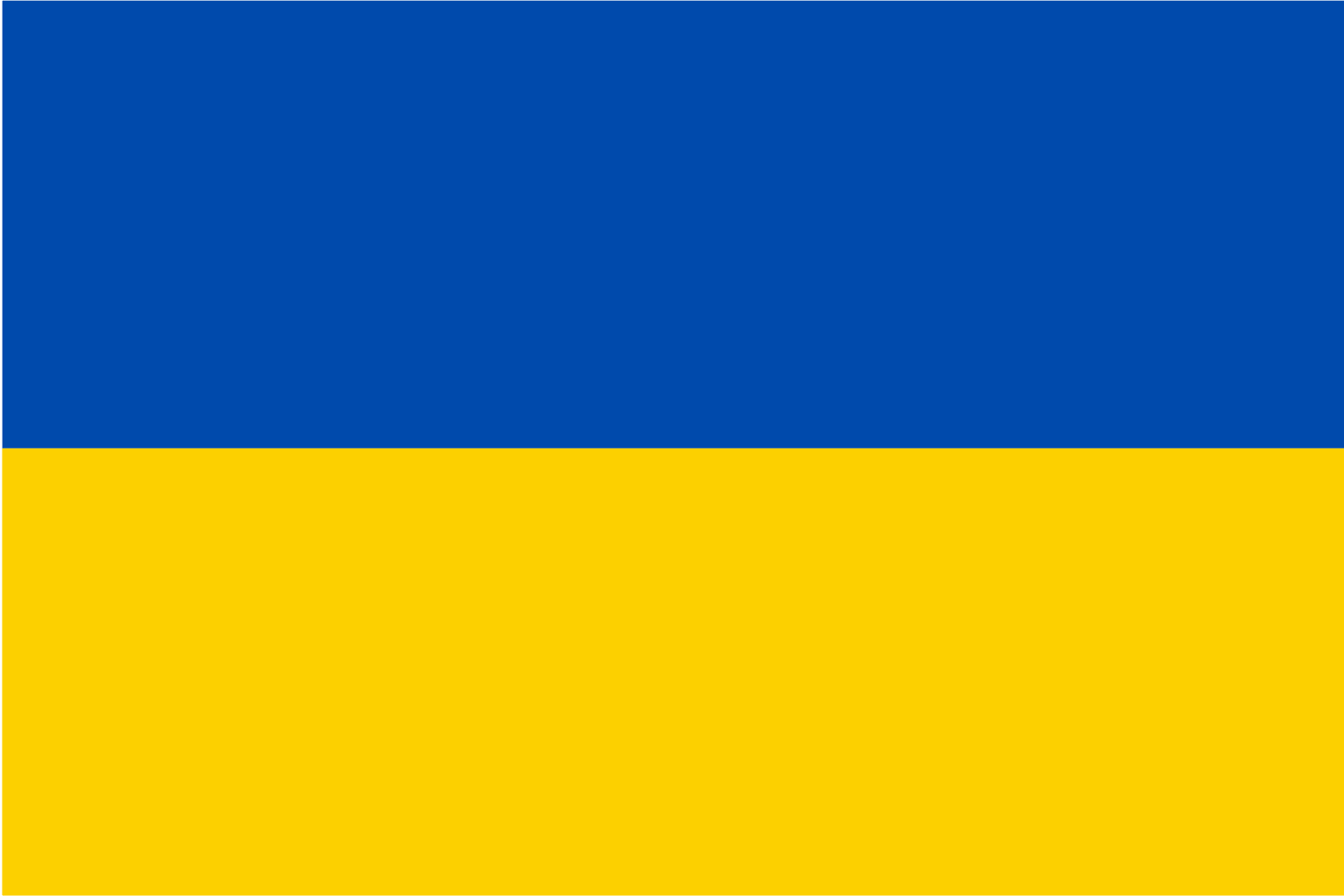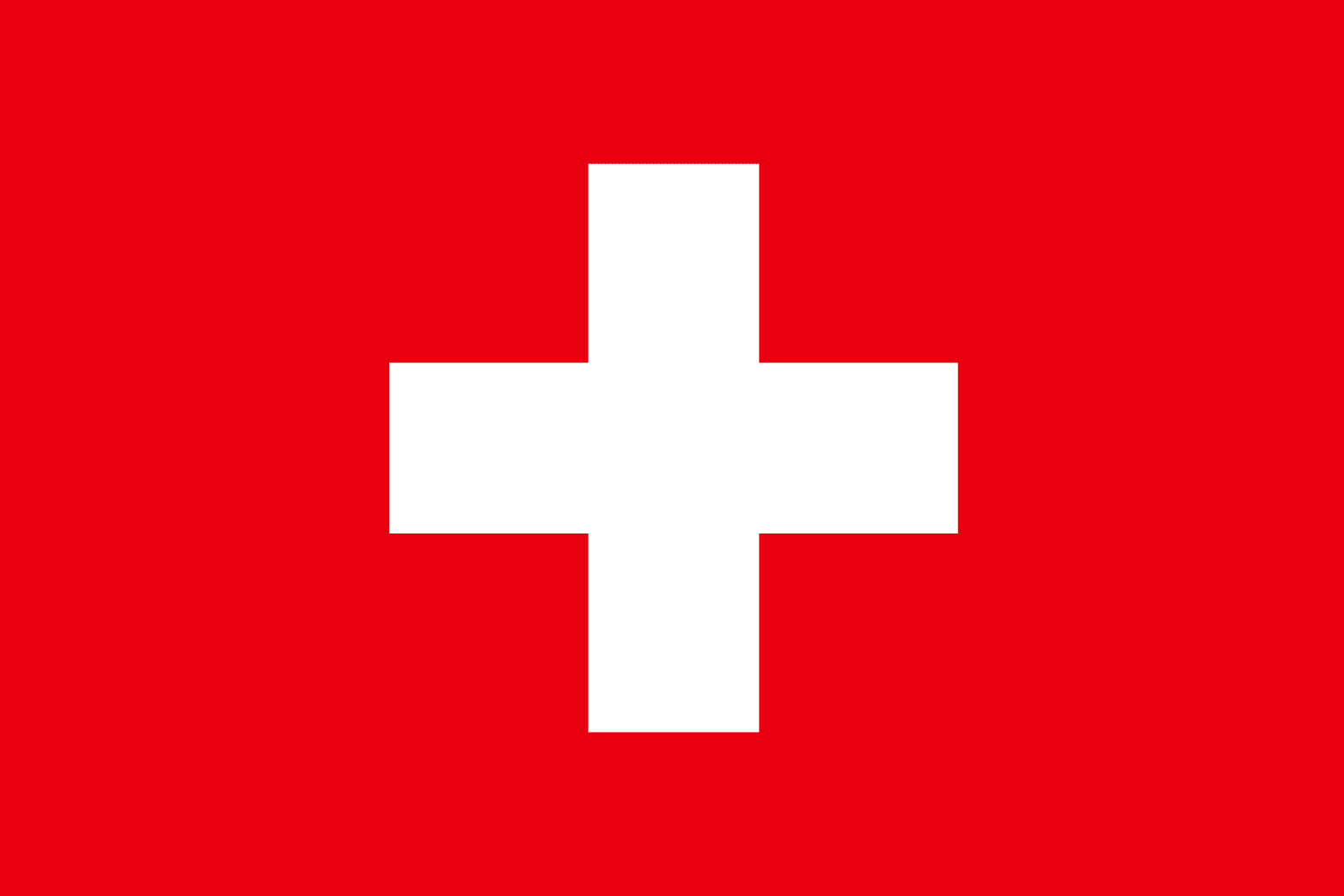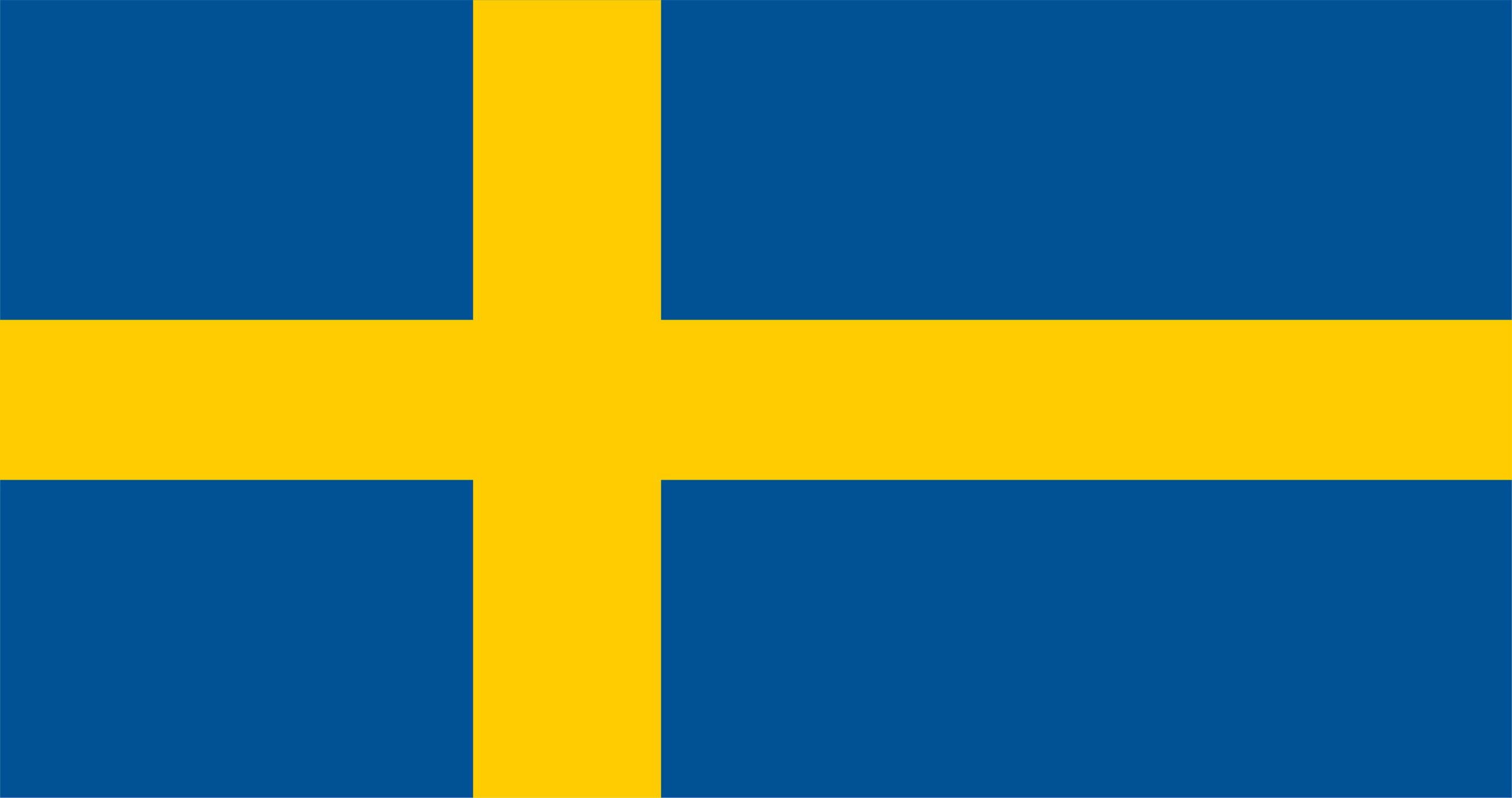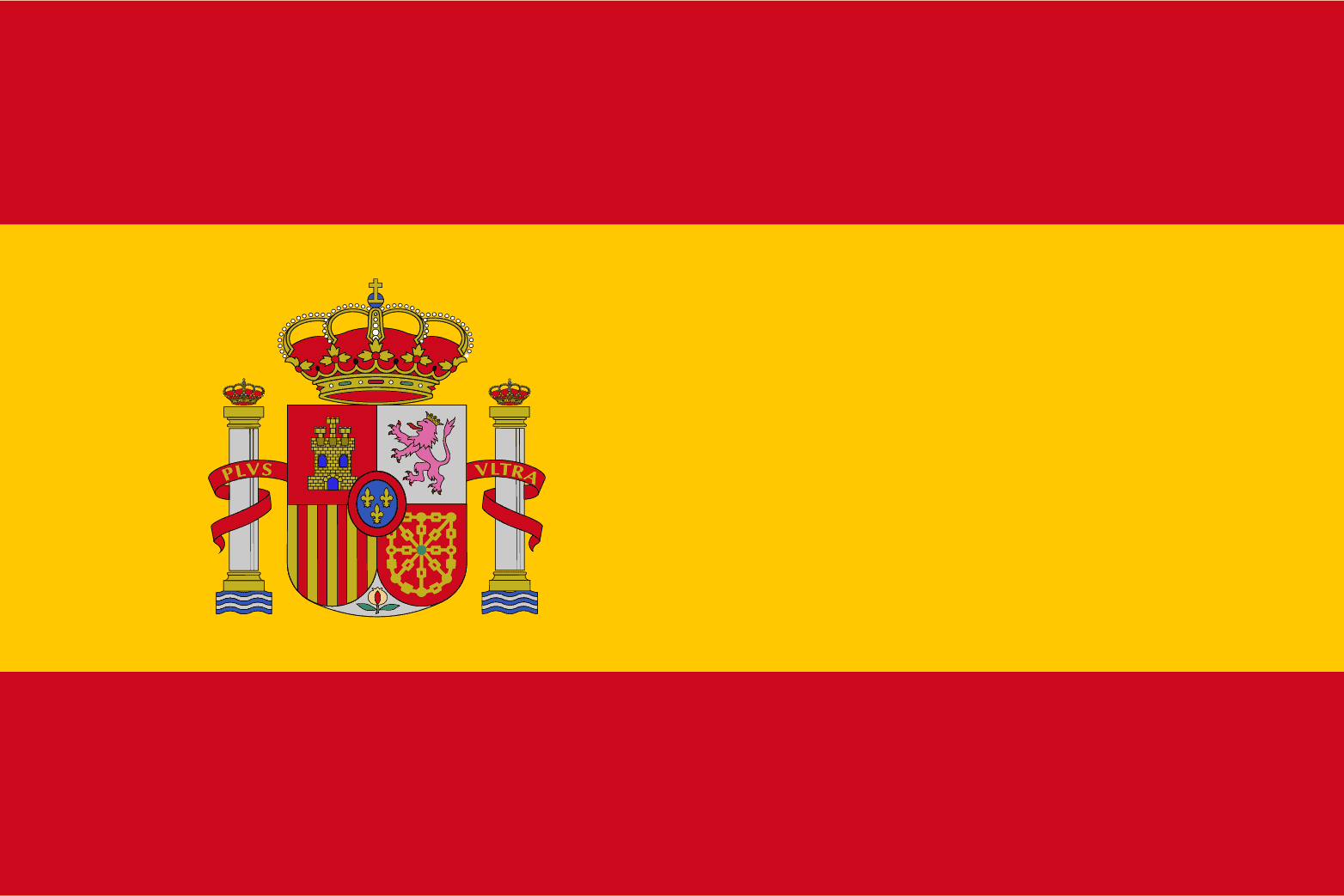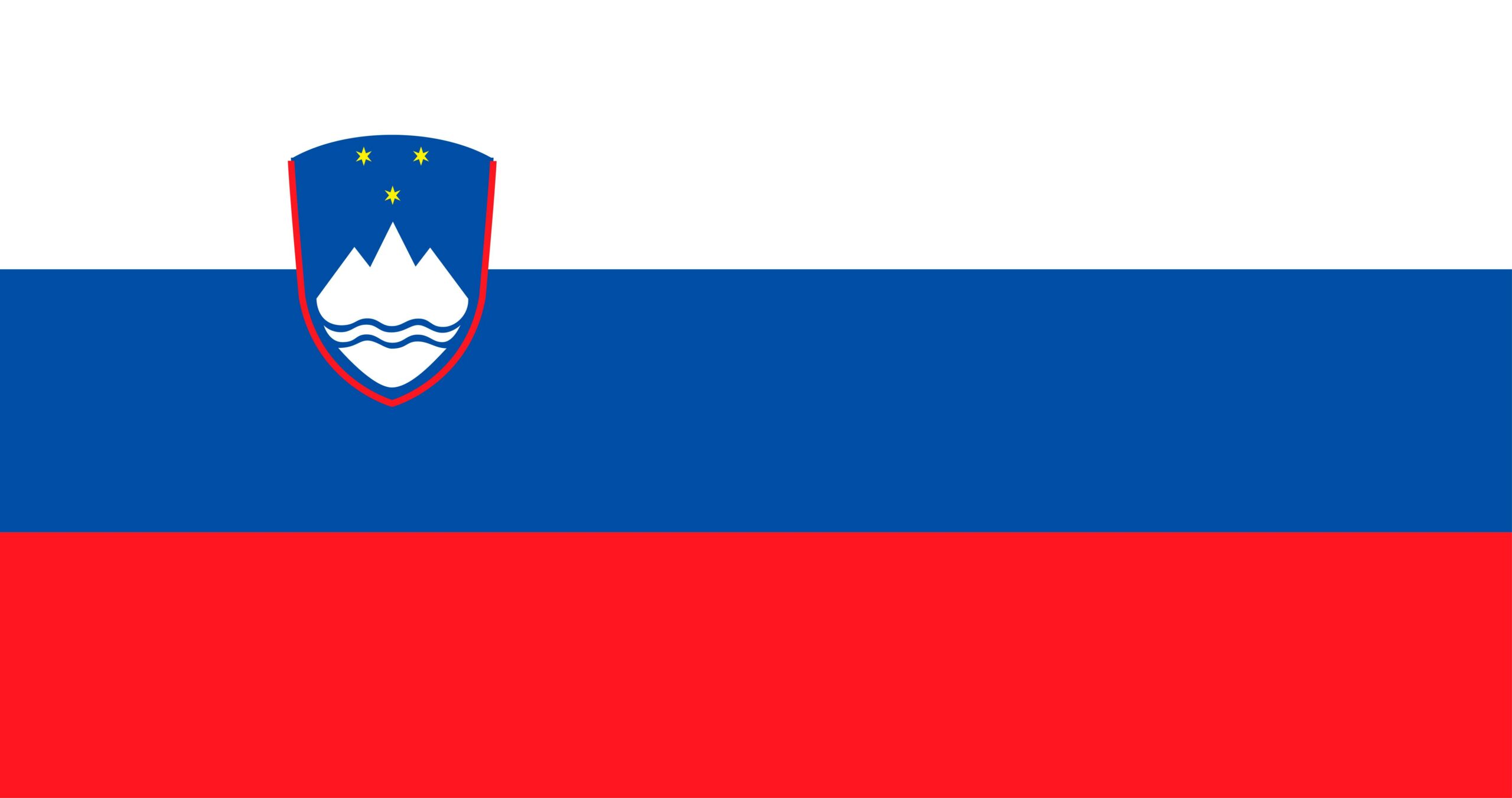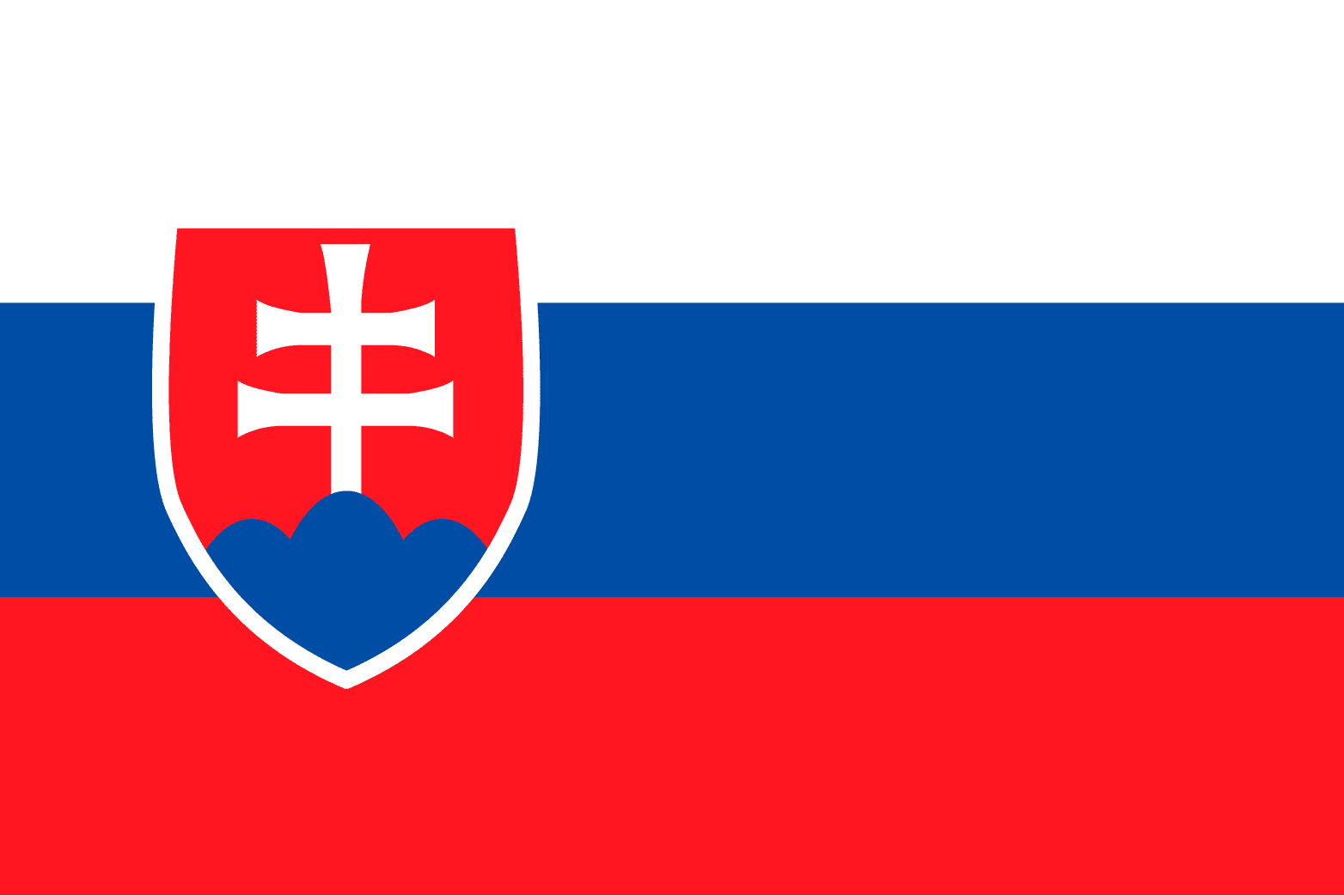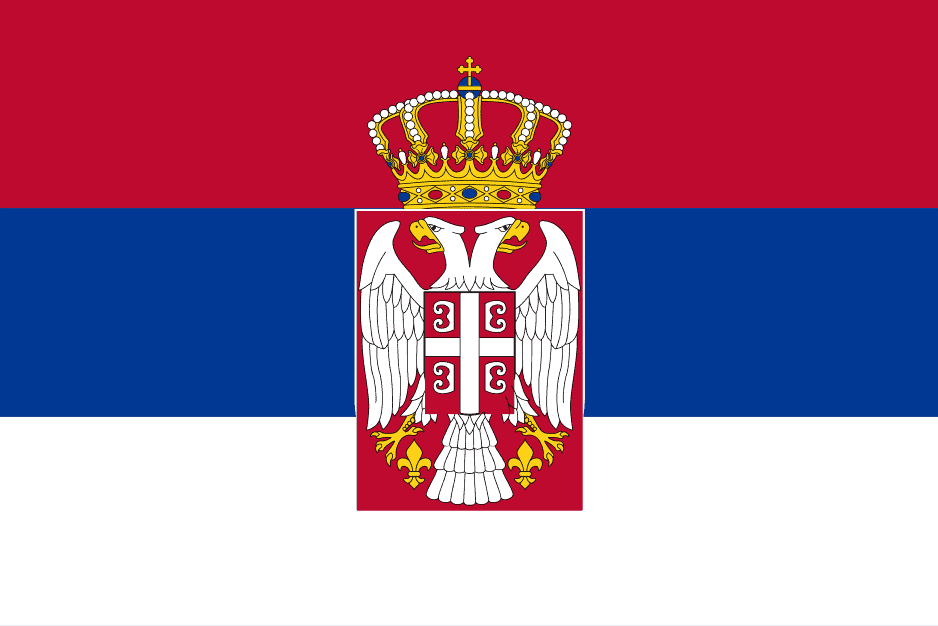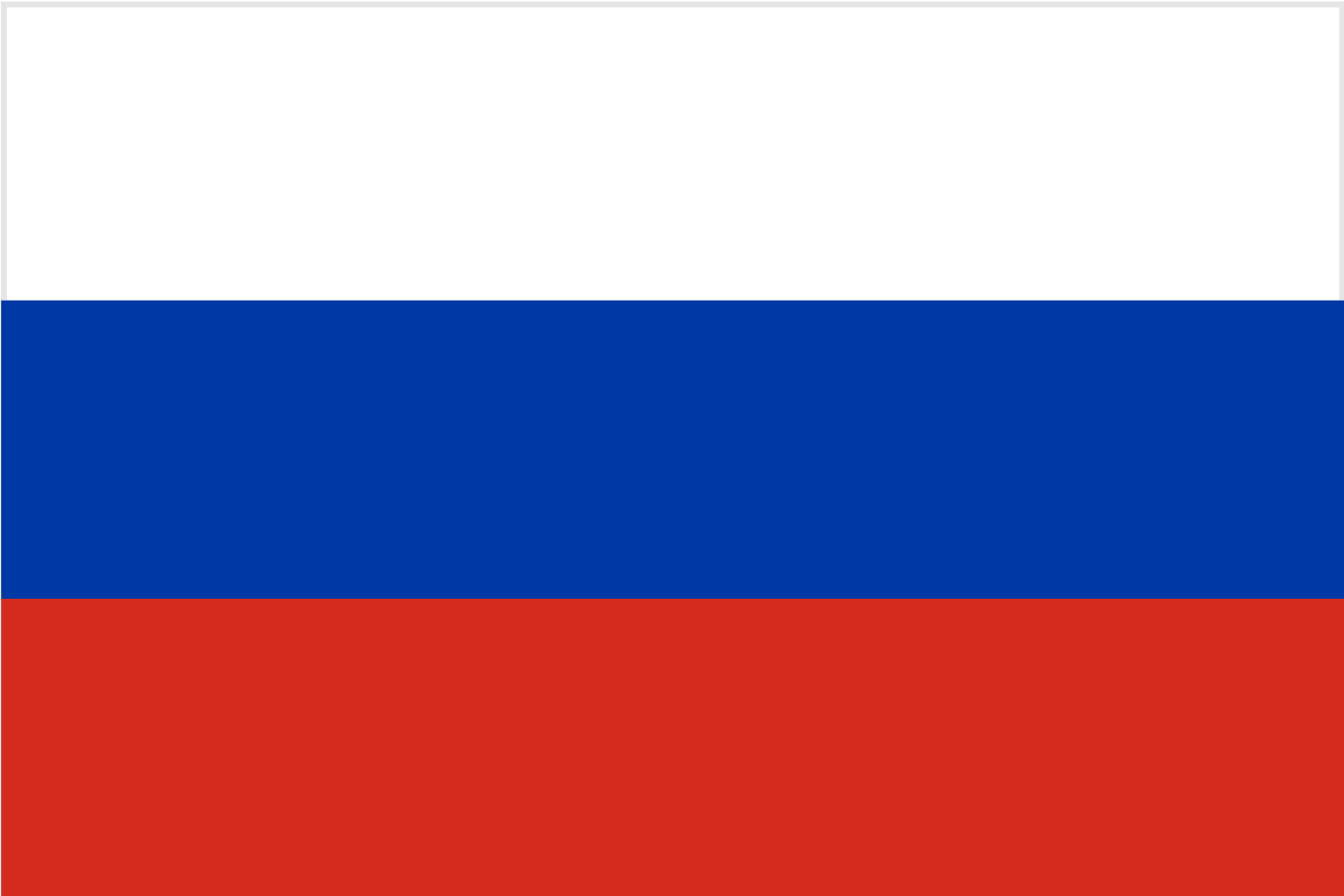Our recent briefing at the UK Parliament, within the House of Lords, in collaboration with UK Israel Future Projects and hosted by Lord Bew, was a highly successful occasion.
The session included an insightful presentation by Mr. Itamar Marcus, Director of Palestinian Media Watch. He explored Palestinian ideology and policy in the context of events leading up to October 7th, providing valuable insights into the potential developments of Gaza leadership. This discussion particularly focused on the significant challenges within the broader Palestinian Authority ideology.
The event drew a diverse audience, including parliamentarians, journalists, presidents of Israel societies at London universities, think tank representatives, and key members of the Jewish community.


